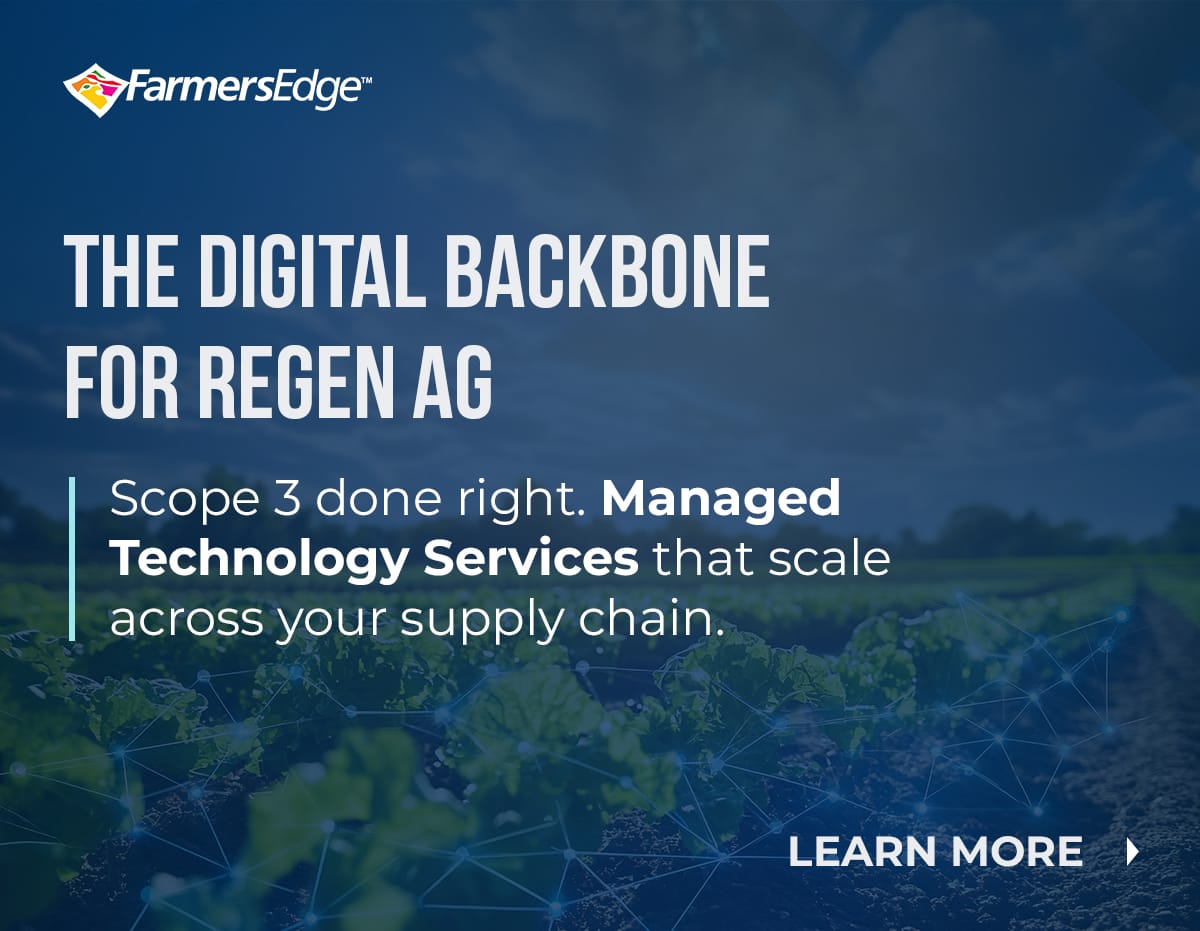SFTW Convo with Michele Lombardi of CNH
Welcome to another SFTW Convo. This week’s edition features a conversation with Michele Lombardi. Michele is the SVP, Corporate Development & Venture Capital at CNH. This week's edition is available to all subscribers, including for the free tier.
Michele is a very thoughtful nerd, who has worked in multiple countries all over the world, including Thailand, China, Australia-New Zealand among other places.
He is a student of economics, and technology. He has a keen sense of how innovation happens, and most importantly how it can scale. Corporate Venture Capital is relatively new at CNH. I wanted to get his perspectives on how it was set up, how his thinking has evolved, and what are some of the challenges of working with a large agribusiness like CNH.
This wide ranging conversation has utility for entrepreneurs, startups, investors, and other agribusiness employees. This conversation is available for free to all subscribers.
I hope you enjoy it as much as I did.
Scaling Regen Ag Starts with Better Data
Farmers Edge is building the digital backbone for regenerative agriculture—designed to simplify Scope 3 reporting and deliver credible results, fast. With Managed Technology Services built for agribusiness, Farmers Edge connects real-time field data to your sustainability goals across every acre and every grower in your network. From in-season tracking to end-of-year proof, Farmers Edge makes regen ag measurable and manageable. If you're serious about scaling impact and reporting, this is the infrastructure that makes it possible.
Summary of the conversation
In this conversation, Michele Lombardi discusses the intersection of his educational background, his subsequent work experience in multiple roles and multiple countries, and how it has shaped his career in corporate venture capital within the agriculture sector. He elaborates on the recent launch of CNH's venture group, the challenges and opportunities in measuring success beyond financial returns, and the dynamics of collaboration between startups and agribusiness.
He emphasizes the importance of understanding risks, particularly team quality, and the need for effective communication to bridge the gap between startups and established corporations. In this conversation, he discusses the role of corporate venture capital in supporting startups, the continuous innovation within tech stacks, and the strategic allocation of investments in agriculture technology. He emphasizes the skills required for effective corporate venture investing. Lombardi also reflects on missed opportunities and the future of farming, highlighting the need for improved productivity and sustainability in the agricultural sector.
Michele Lombardi, CNH (Photo provided by Michele Lombardi, artwork by EI)
A math-econ nerd accelerates innovation at CNH
Rhishi Pethe: You have a double major in computer science & electrical engineering, and in economics. How has that training of learning computer science, a very precise and algorithmic discipline, versus economics which requires understanding systems helped you be a better investor, better corporate development person and an analyst?
Michele Lombardi: That’s a very interesting question. Let me share a bit of background on how that came to be.
I came through the Italian education system, where engineering, still today, possibly, is considered the highest form of academic training in terms of quality and structure. People see it as a strong foundation, regardless of what you plan to do later in life. And I’ve always had an engineering mindset, so choosing that path felt natural.
I studied at MIT because, I felt such a strong pull toward mathematics. I entered MIT as an engineering student, even though I already knew I didn’t want to become an engineer in the traditional sense.
I had to choose a minor, and at the time I knew almost nothing about economics. But when I started exploring it, it really struck a chord. Just to clarify,because I have to contradict you here,economics at MIT isn’t about studying general systems. It’s very mathematically driven, with a heavy focus on micro and macroeconomics. That rigor is exactly why I chose economics over management.
As I got deeper into it, I realized how much it resonated with me. What began as a minor turned into a second major, and I graduated with a double degree.
That combination of engineering and economics gave me an education I’d recommend to anyone. It offered a powerful balance. I left school with the ability to solve complex problems,because engineering taught me the discipline of problem-solving, while economics gave me a solid grasp of the key economic forces that shape the systems around us.
That blend has served me well in my current work. I can understand the engineering behind the solutions I see, not at the level of the experts I meet, but enough to grasp how the components fit together and have meaningful conversations. And my economics background gives me a strong foundation for analyzing the drivers behind any business decision I need to make.
I didn’t plan it this way, but I’m very glad it turned out the way it did. It’s shaped who I am.



